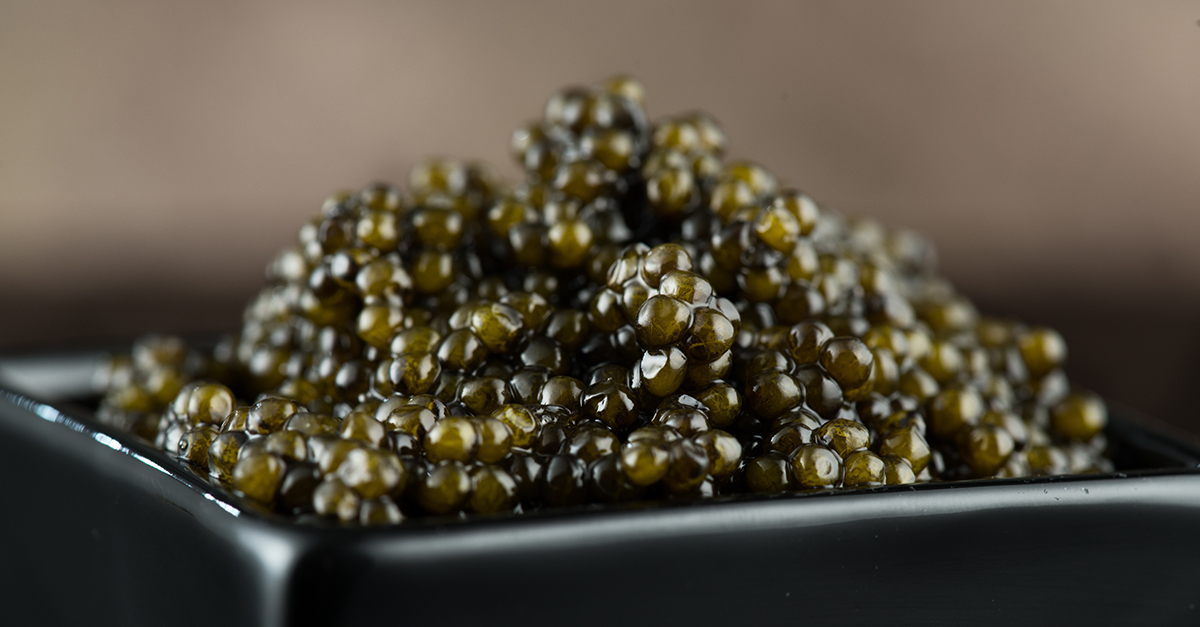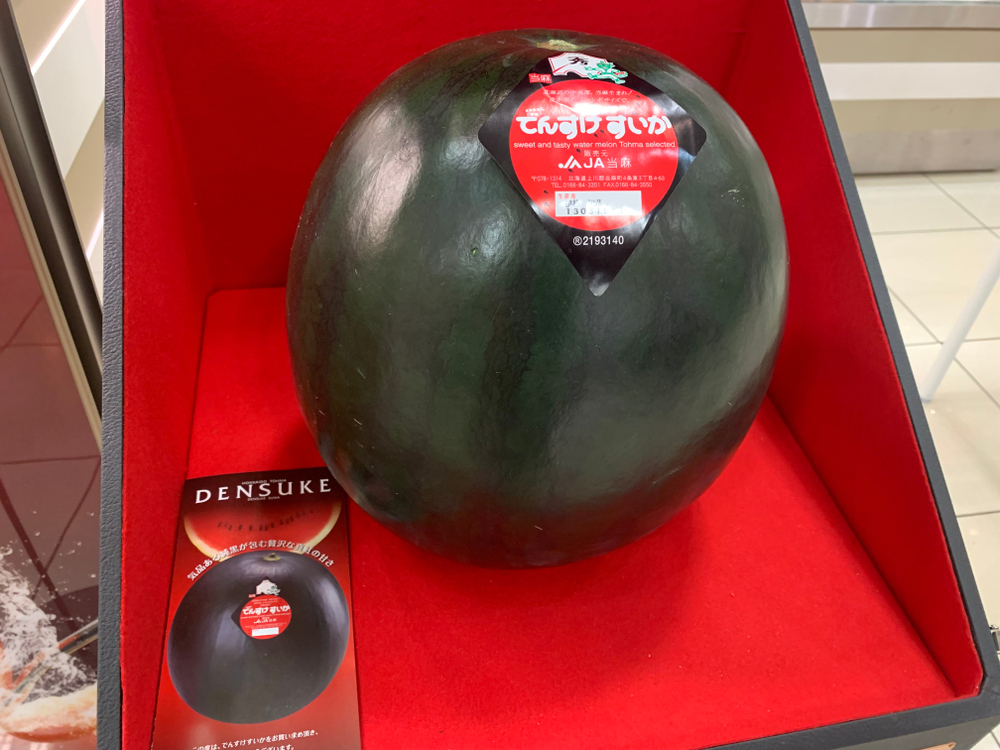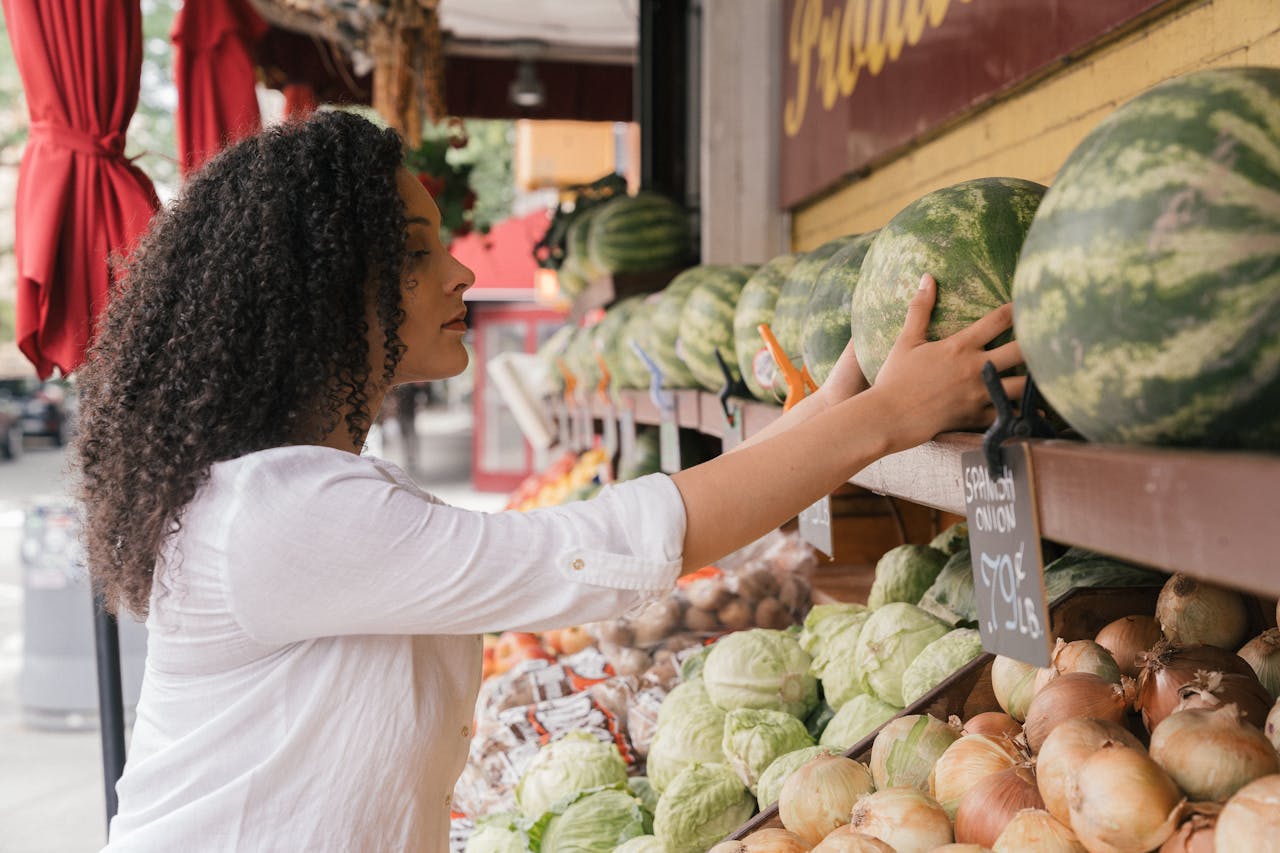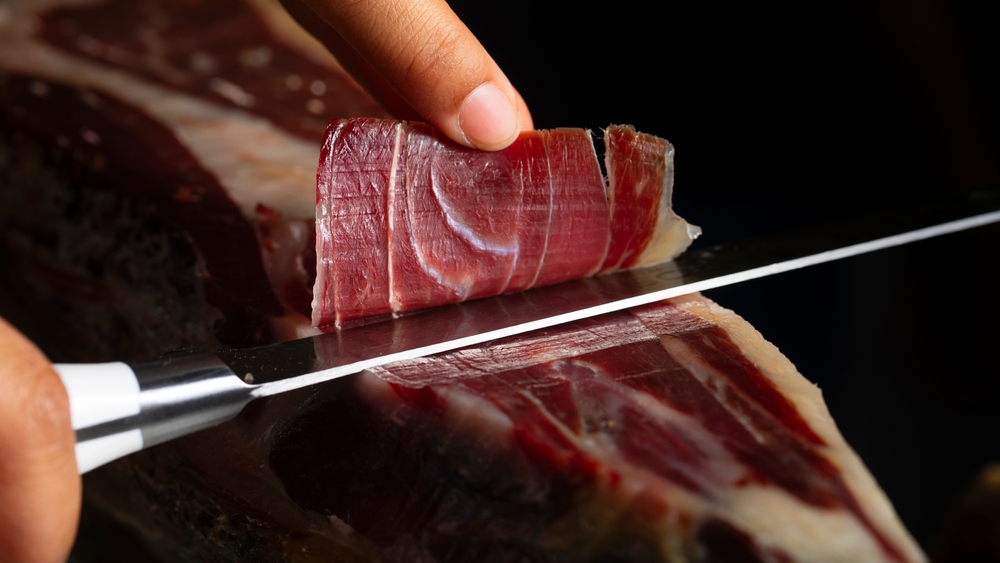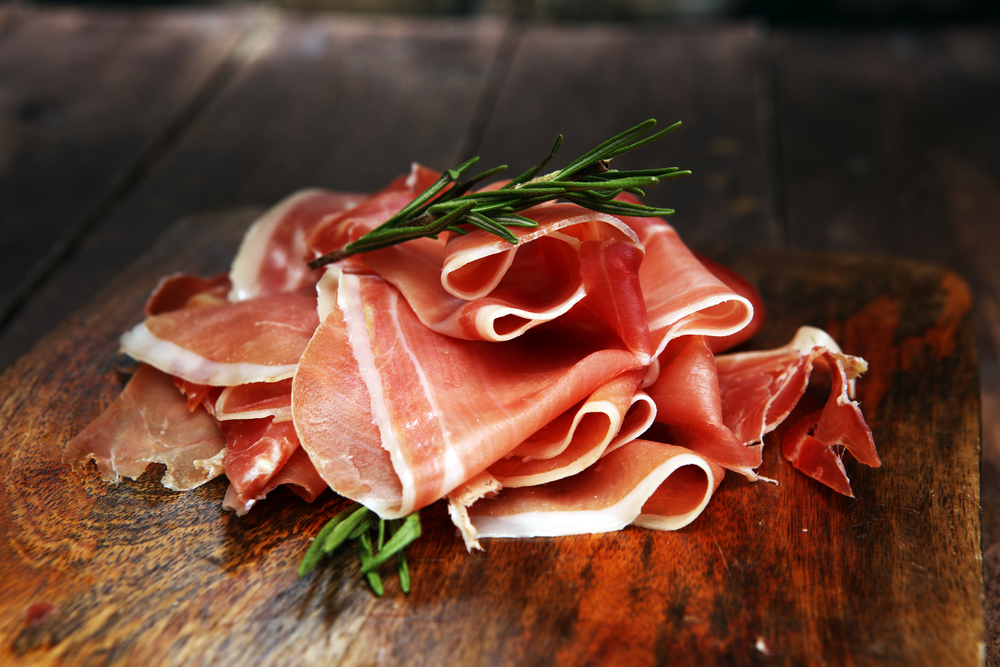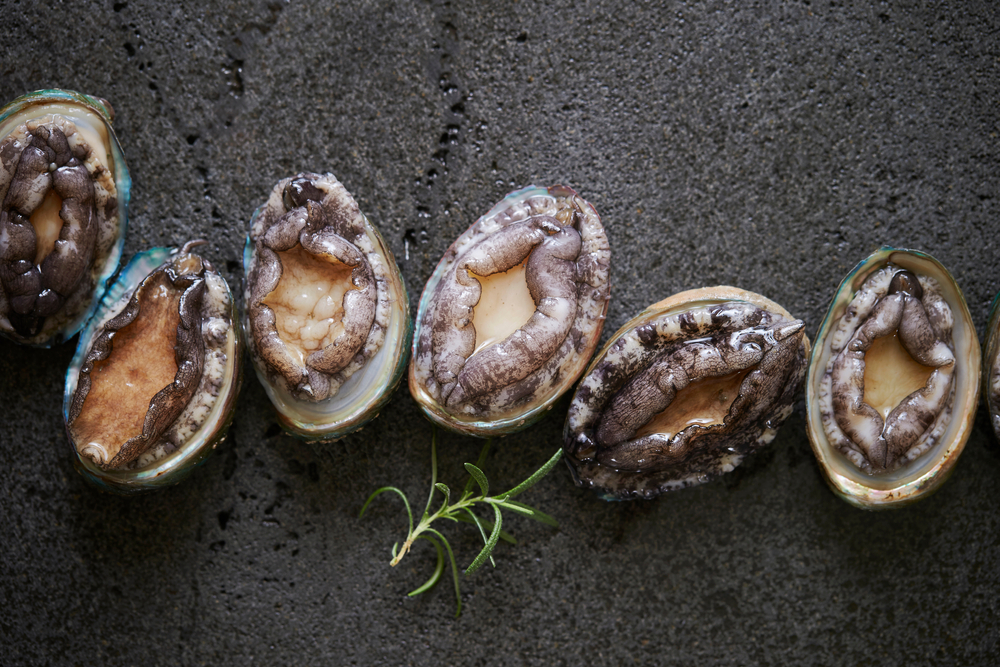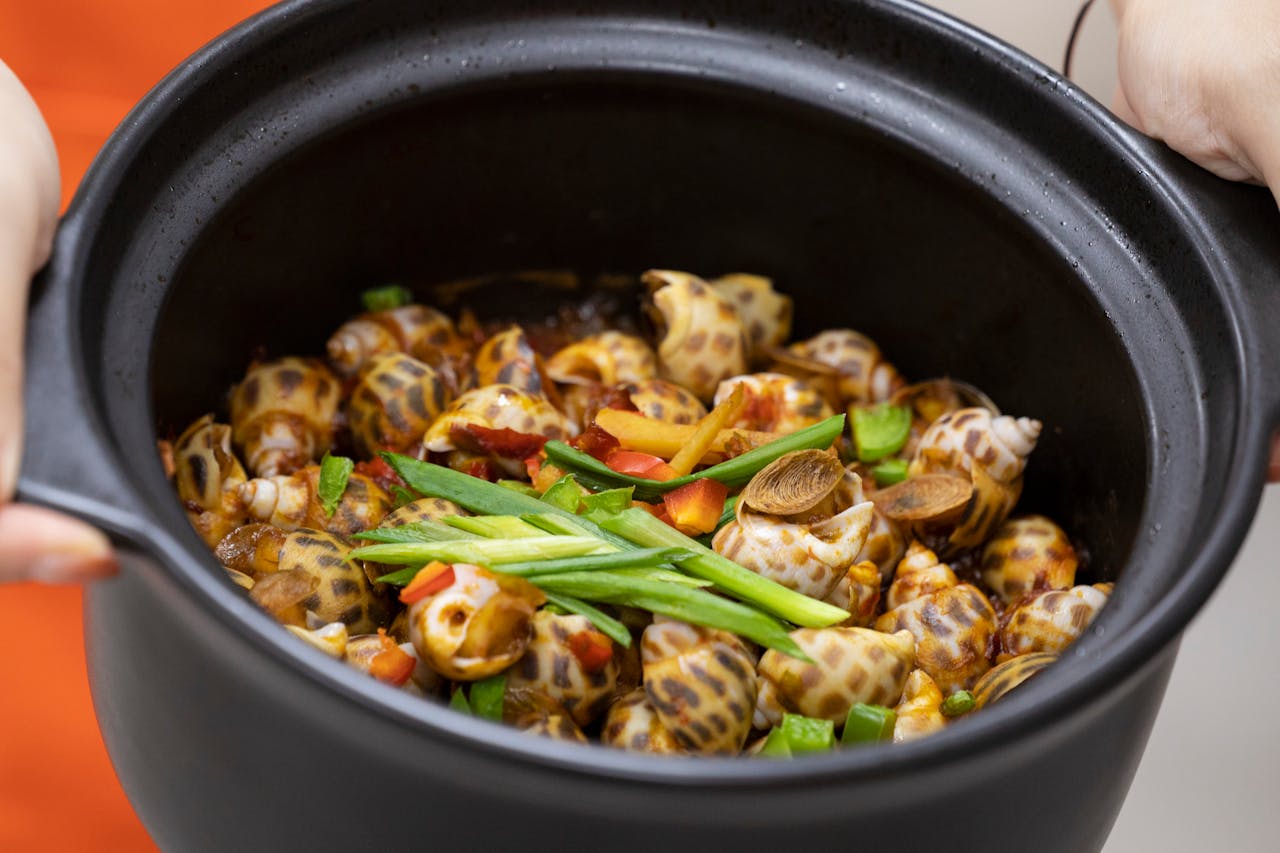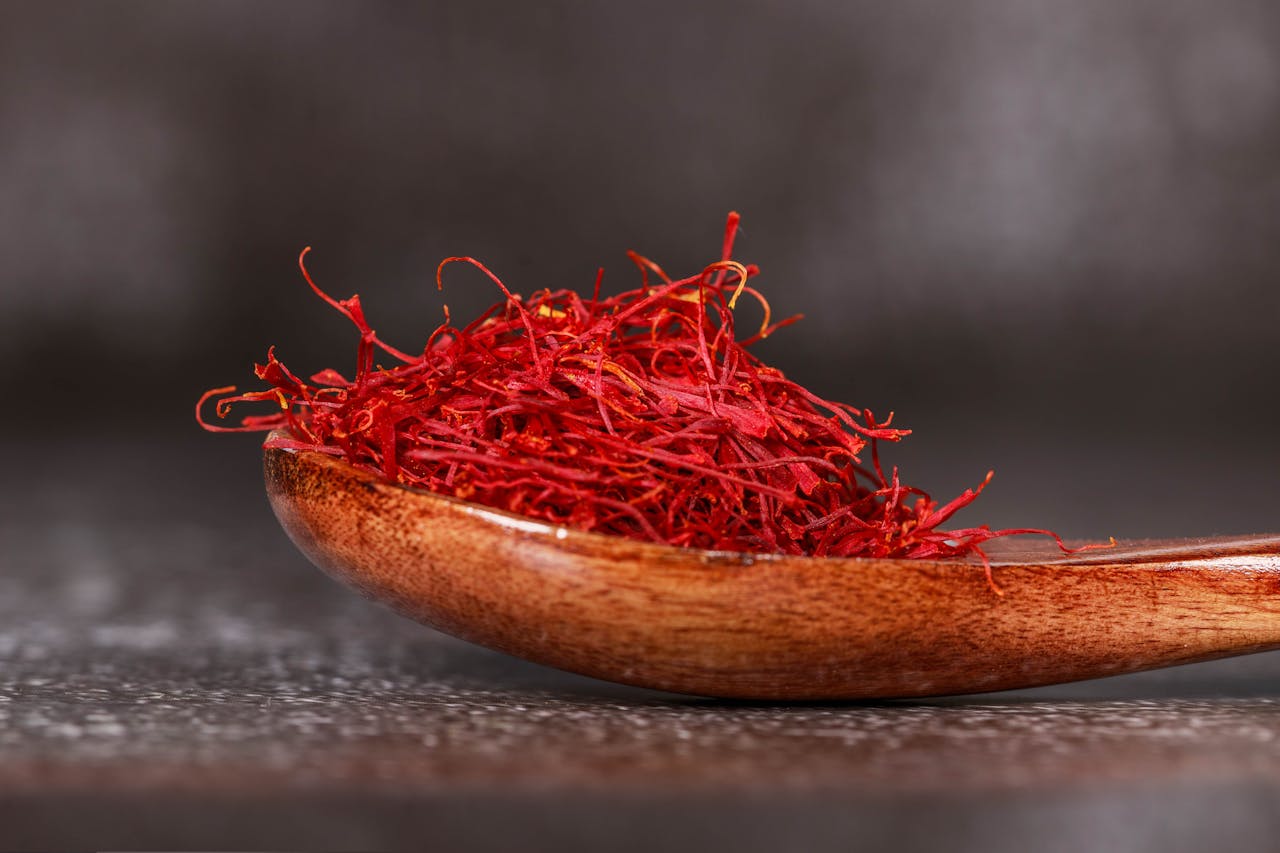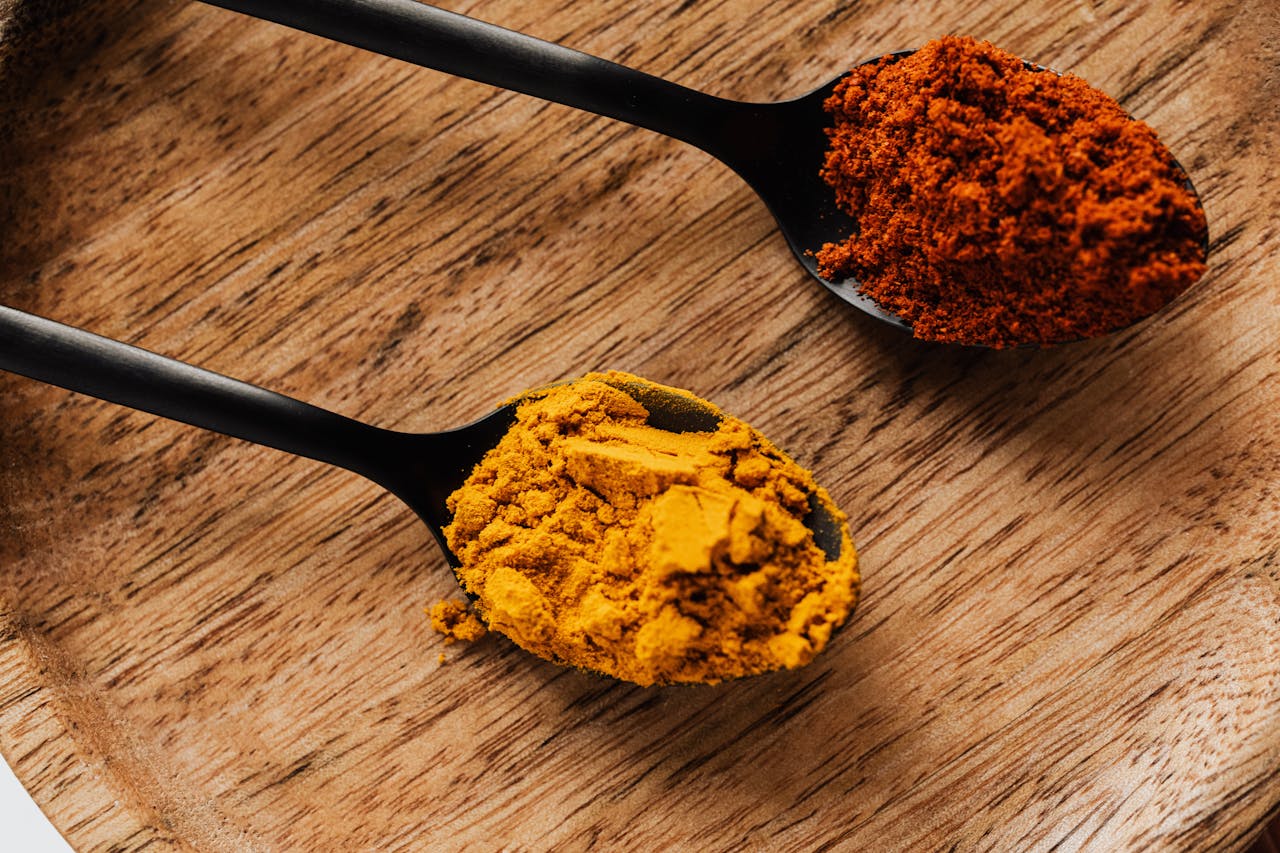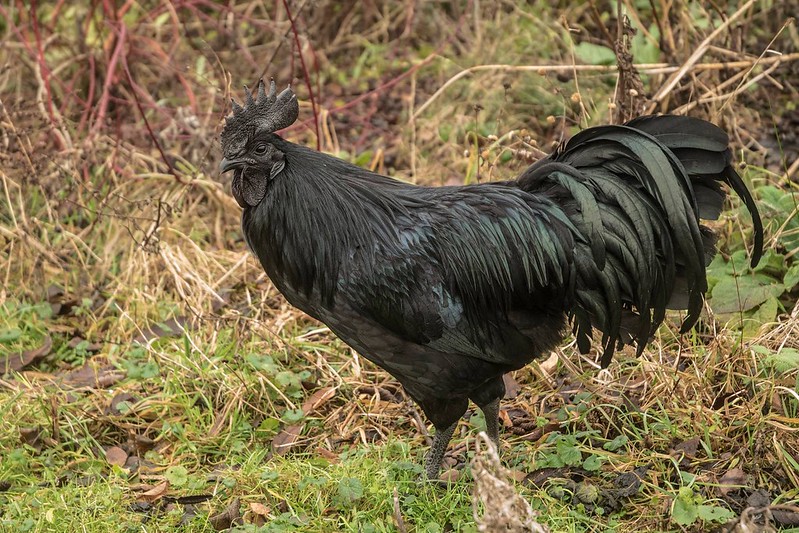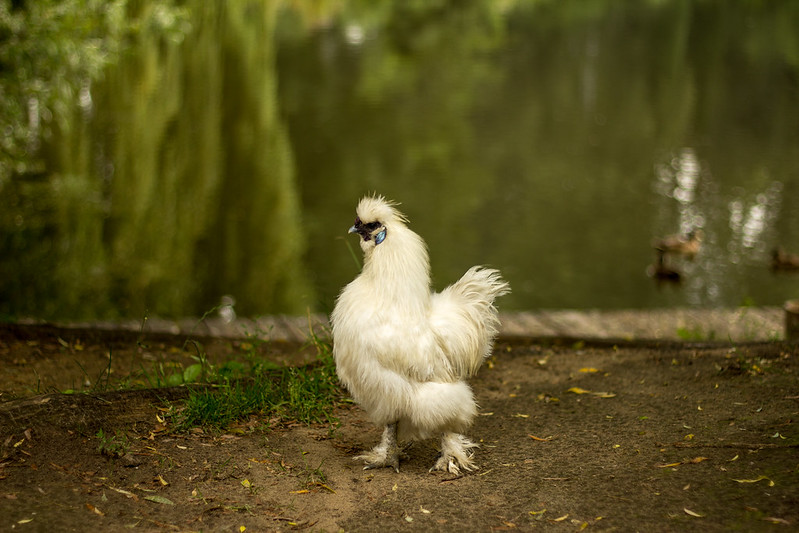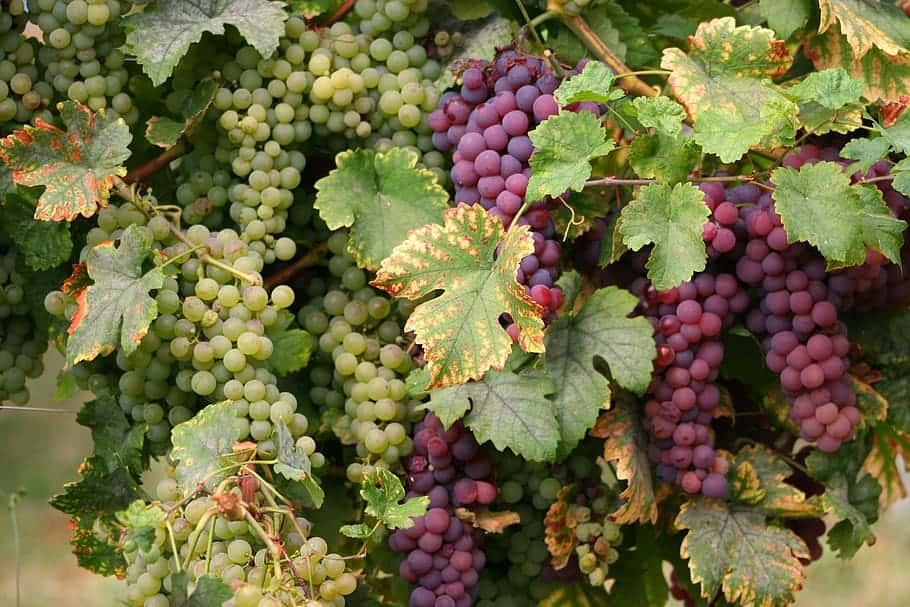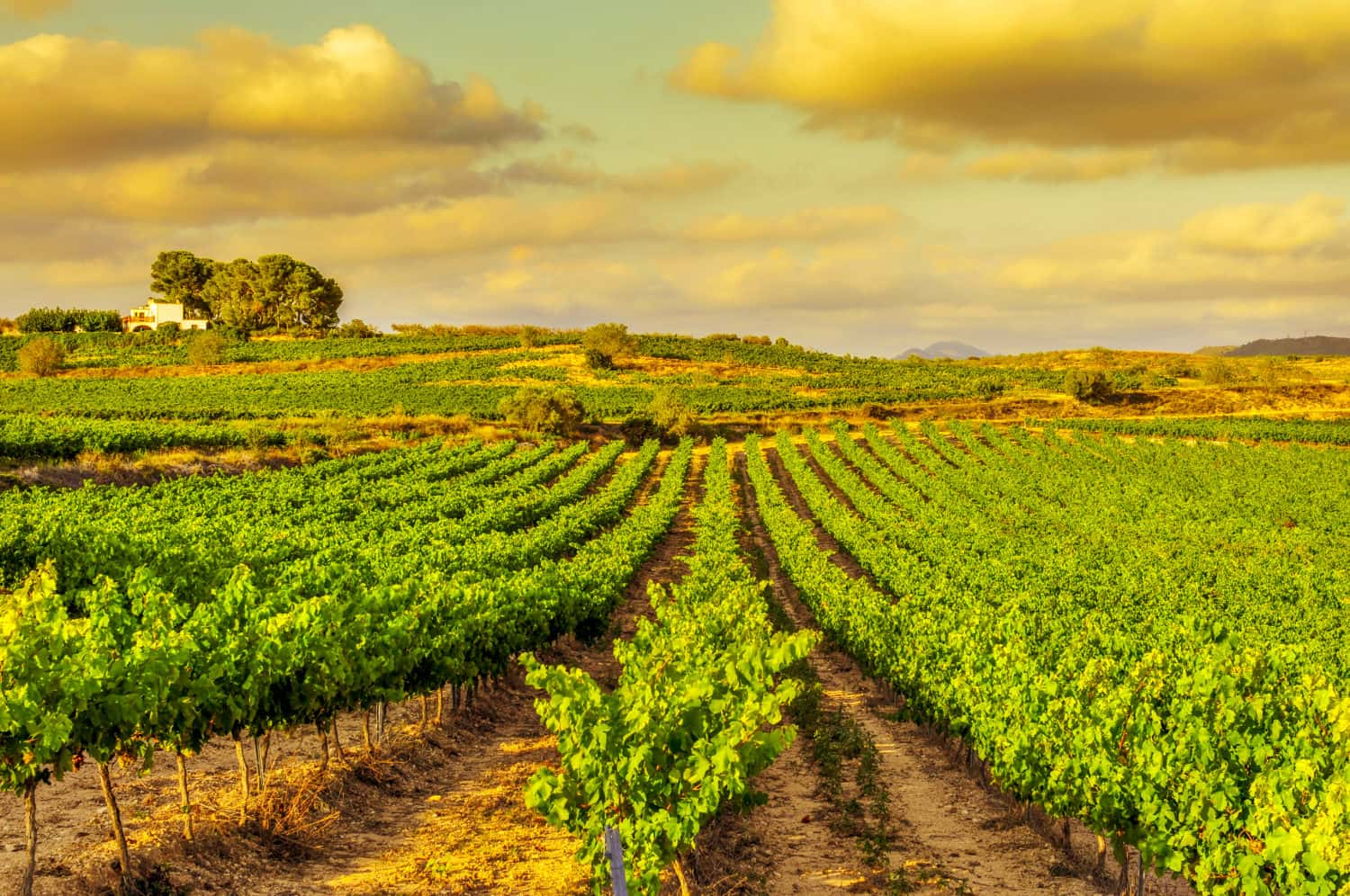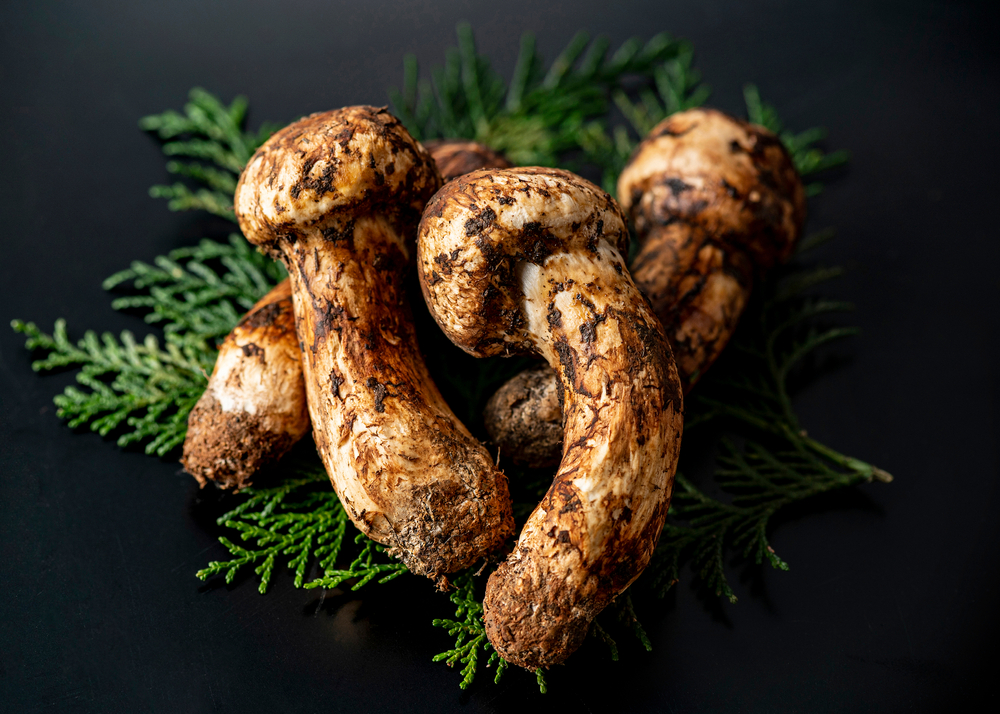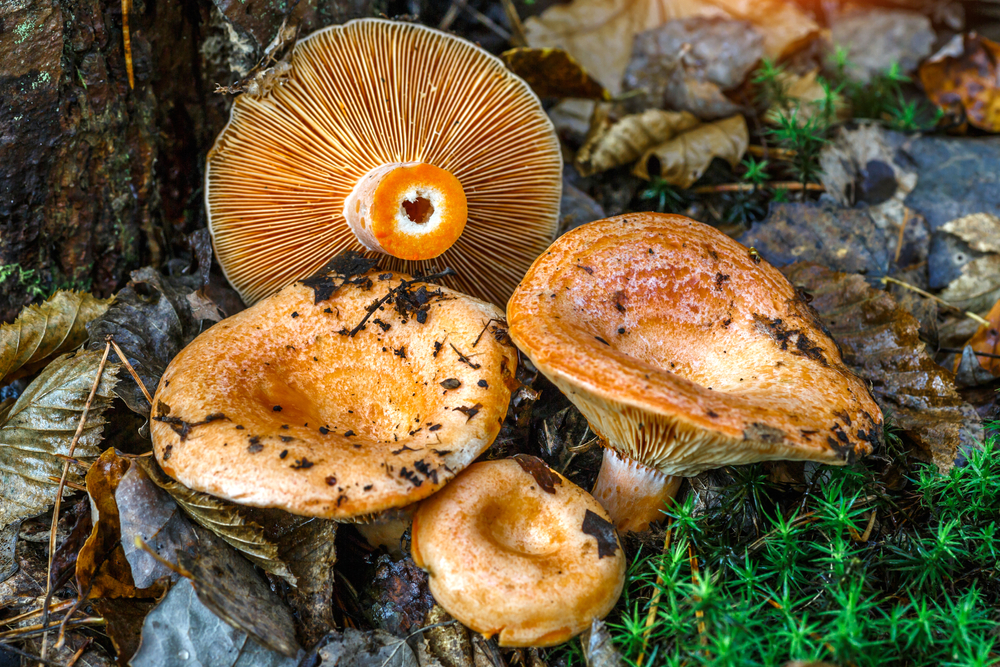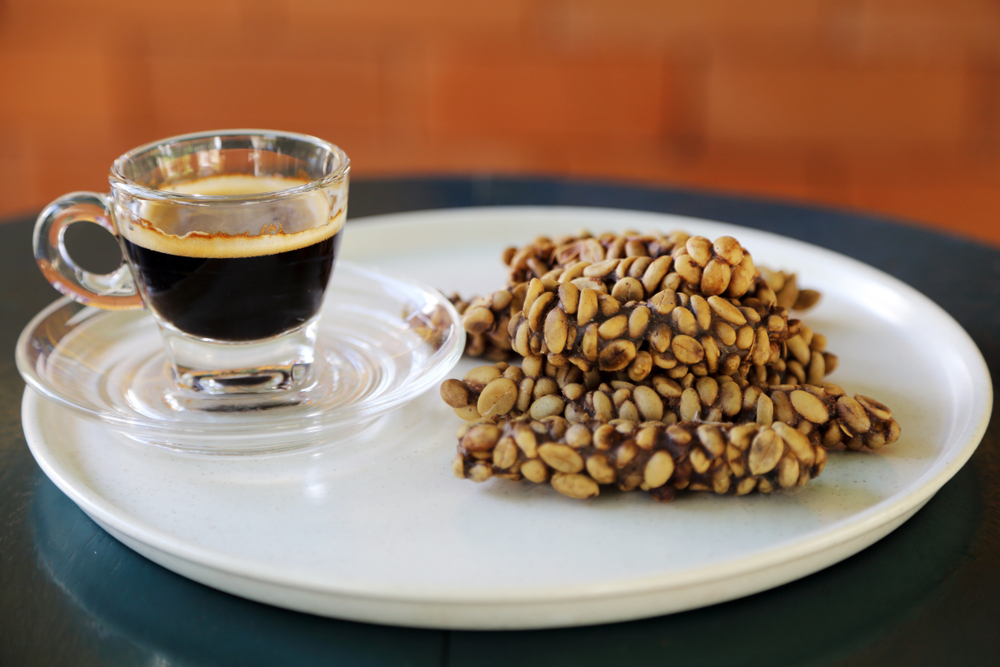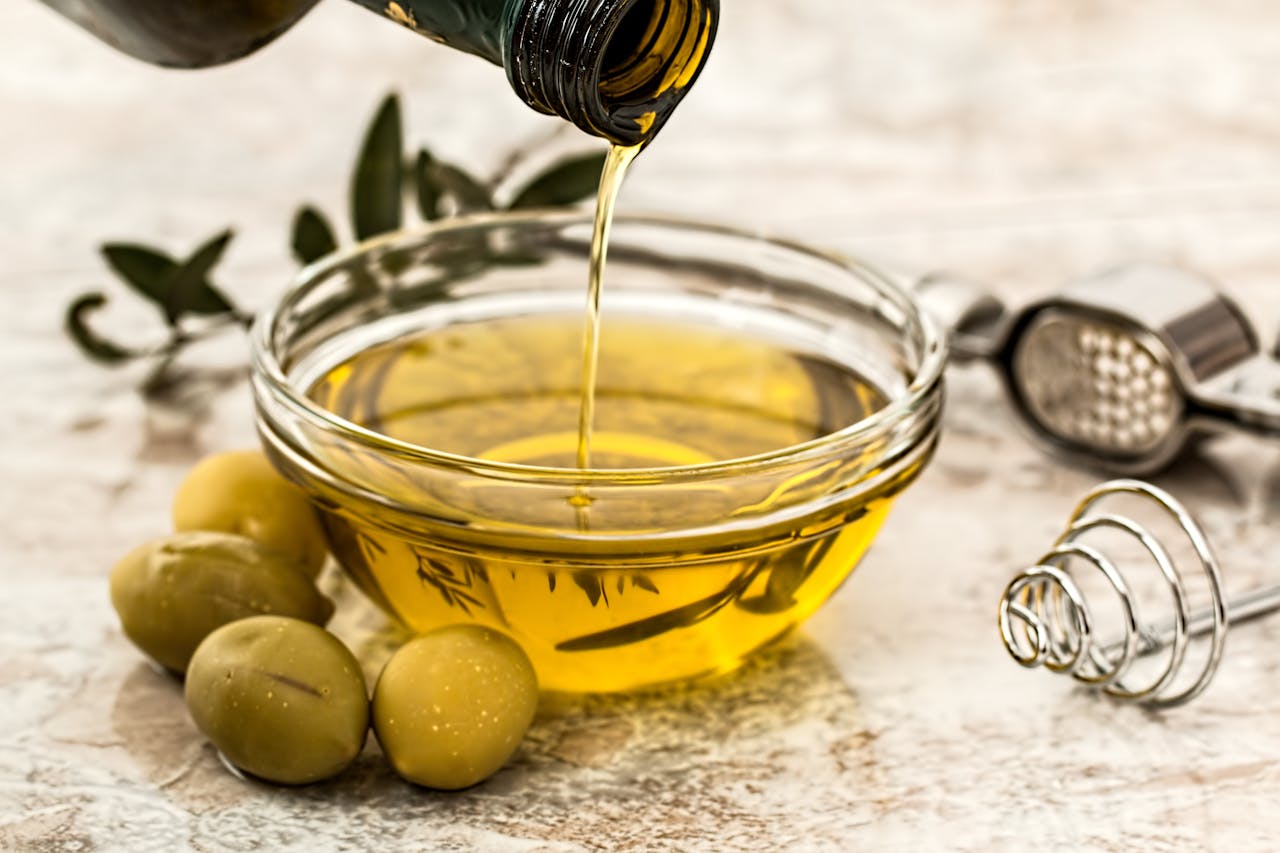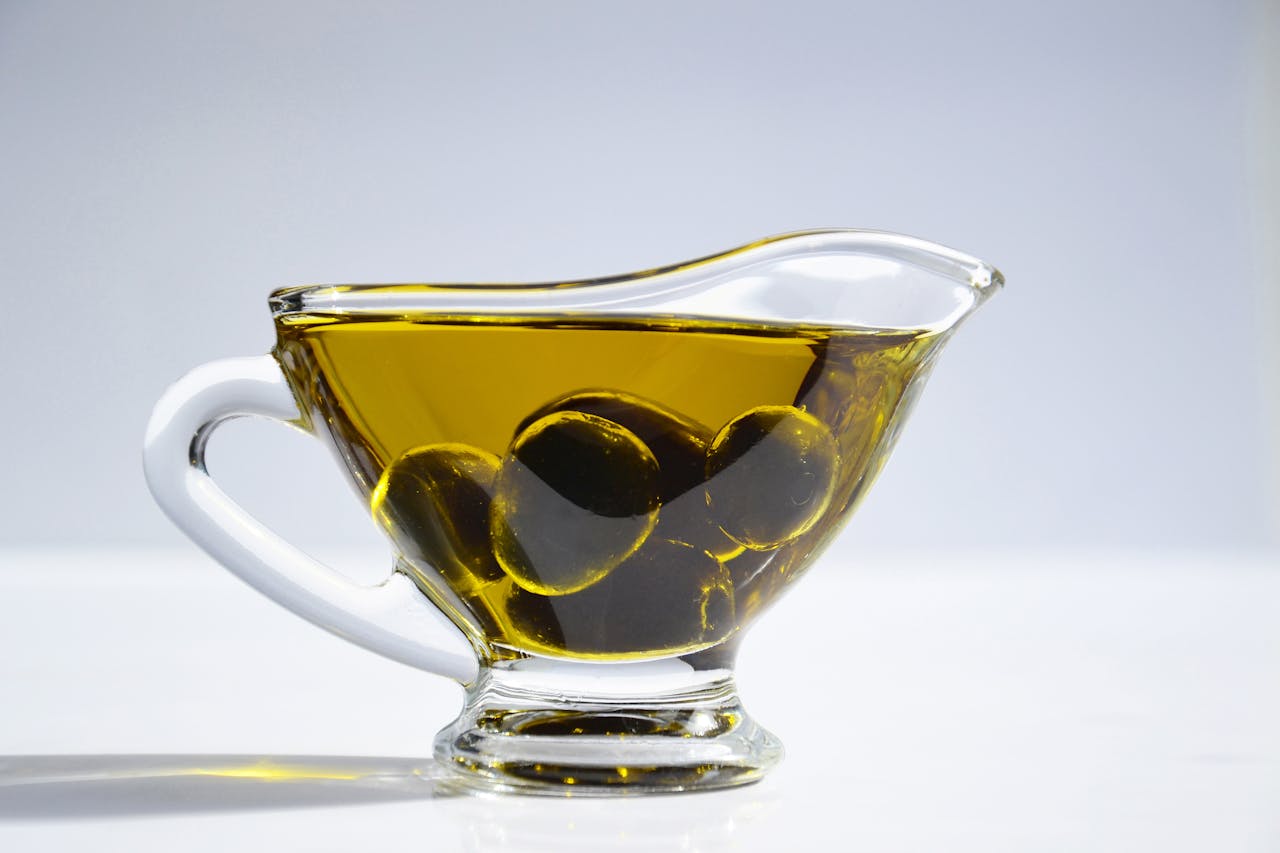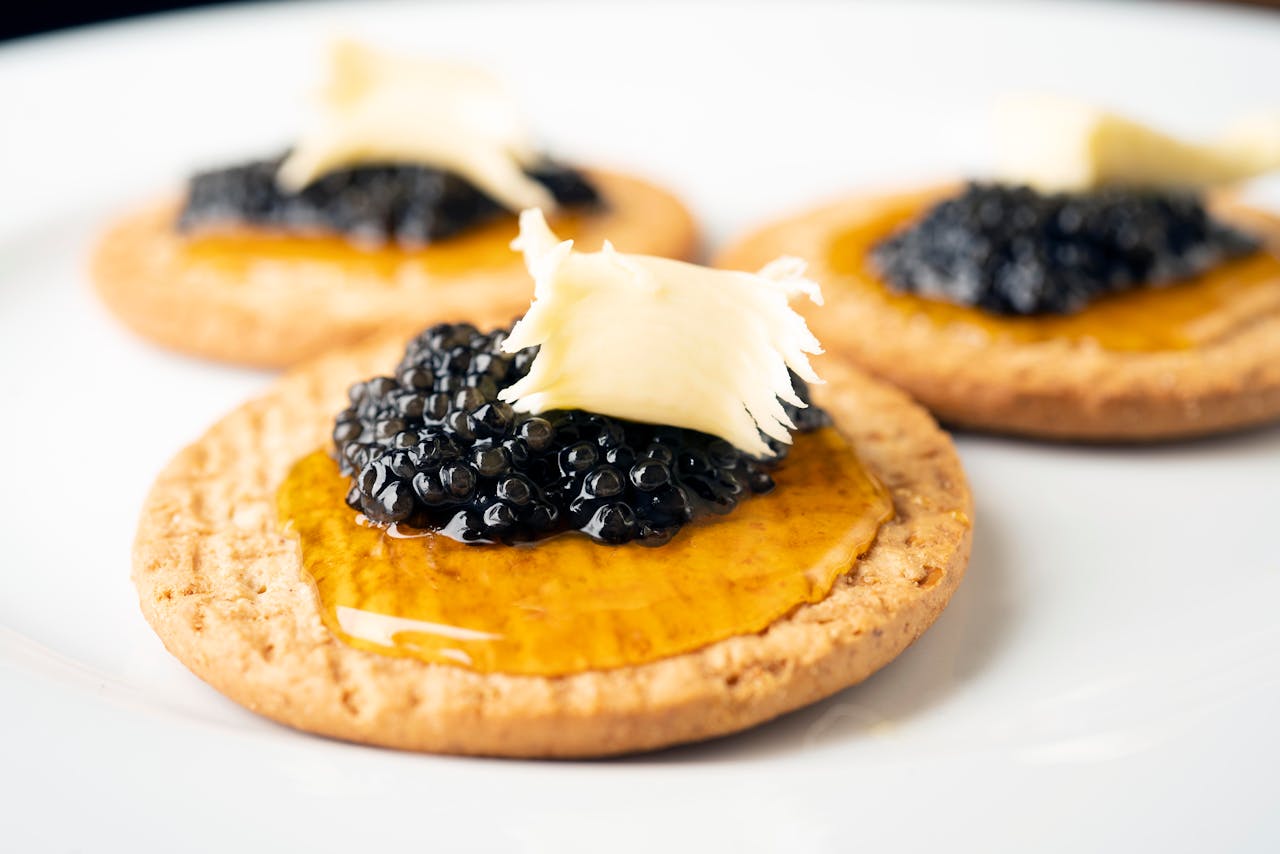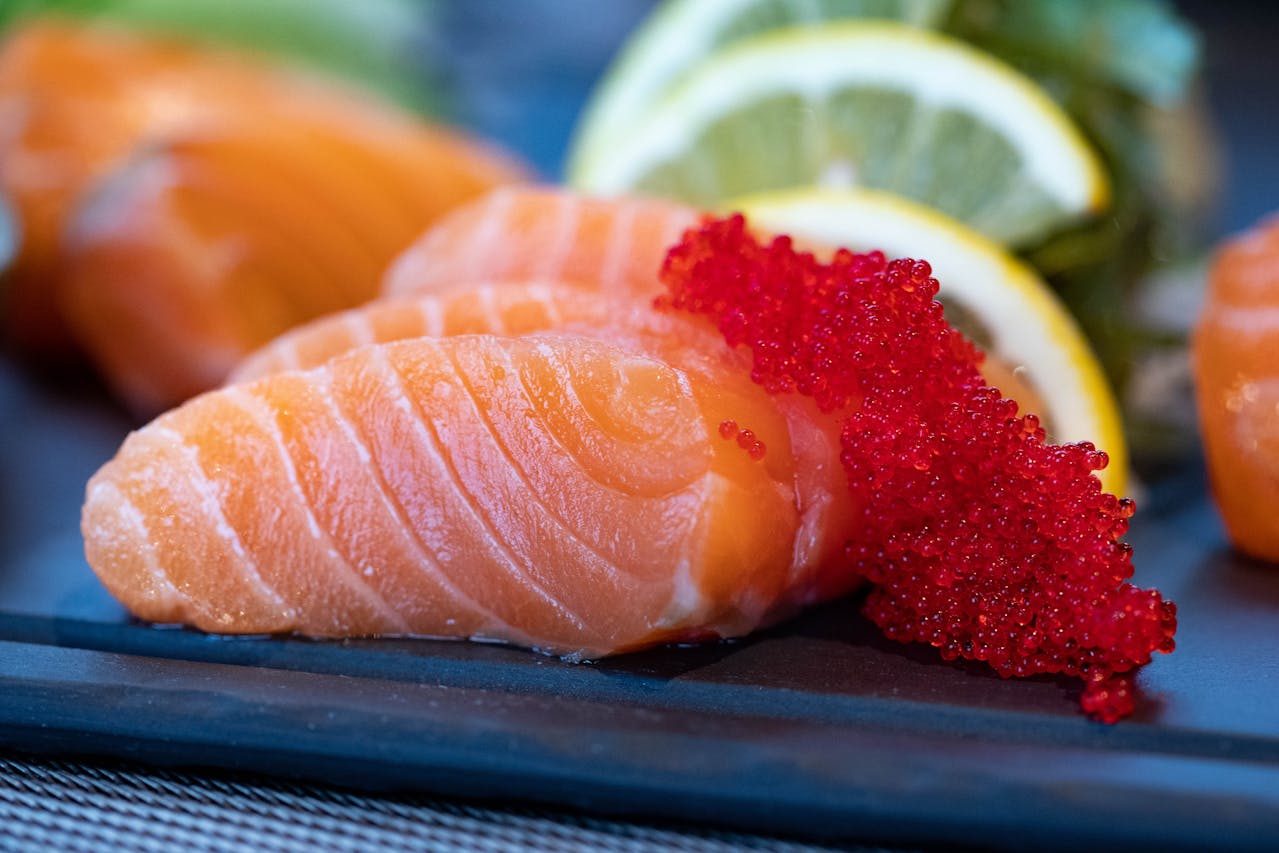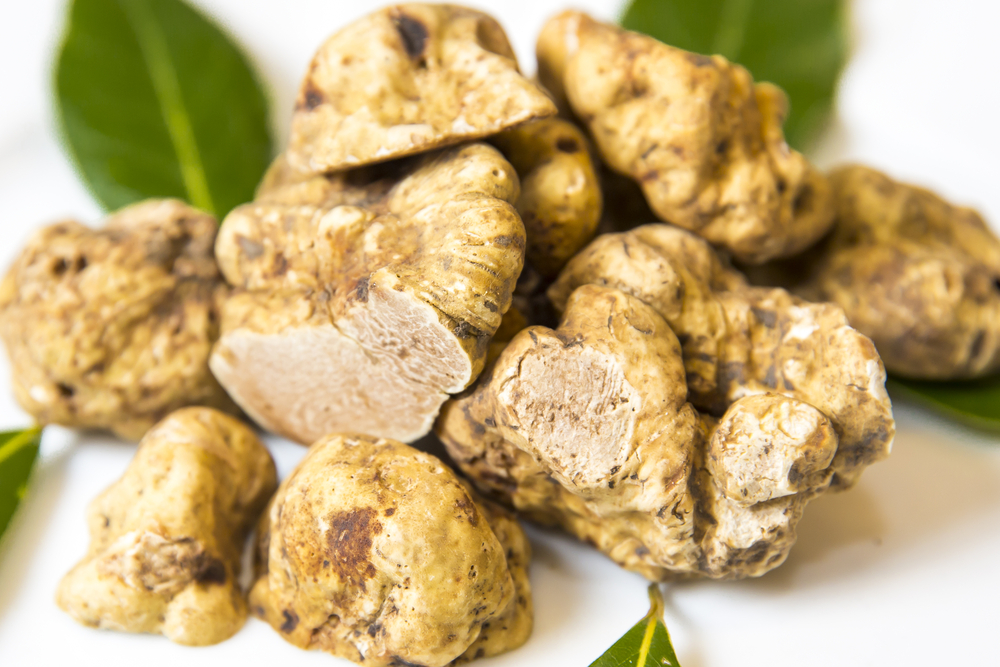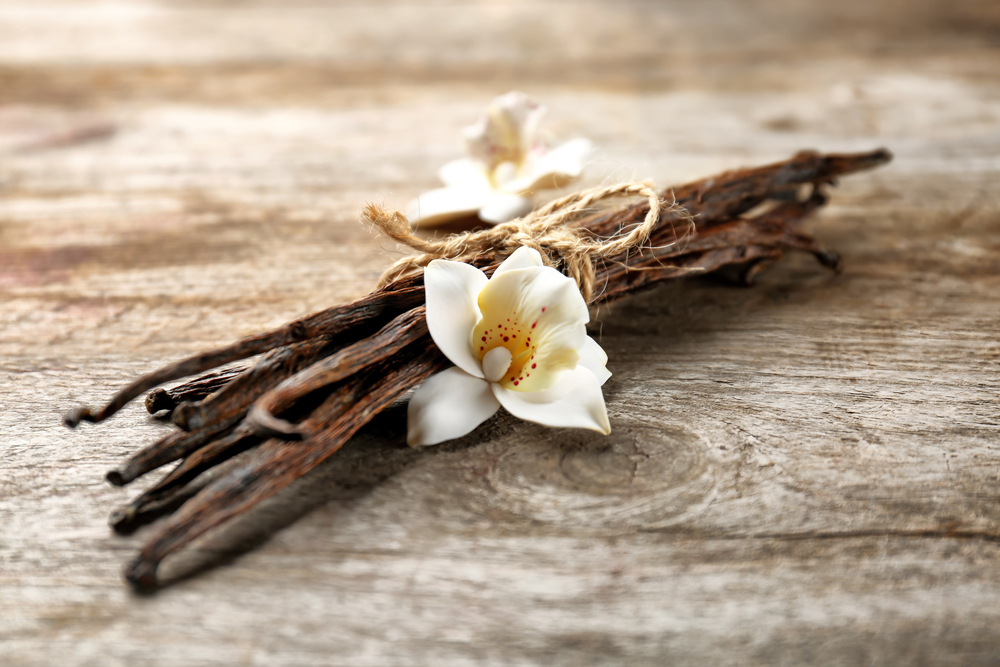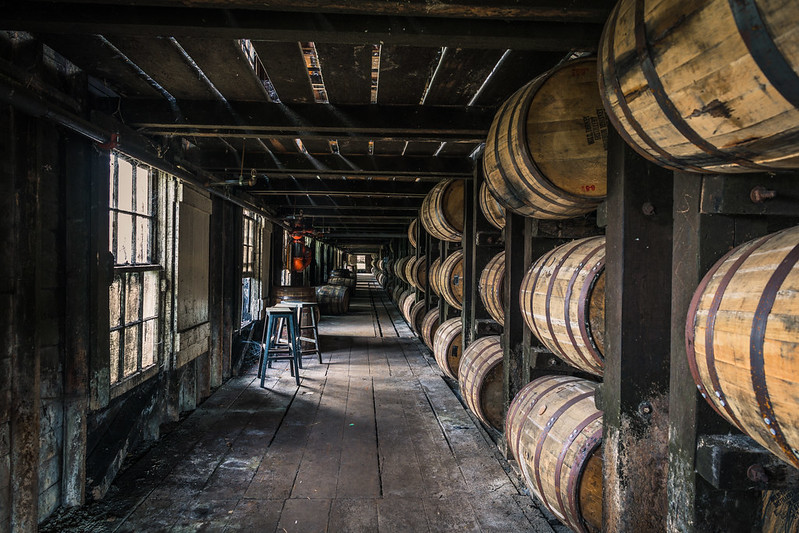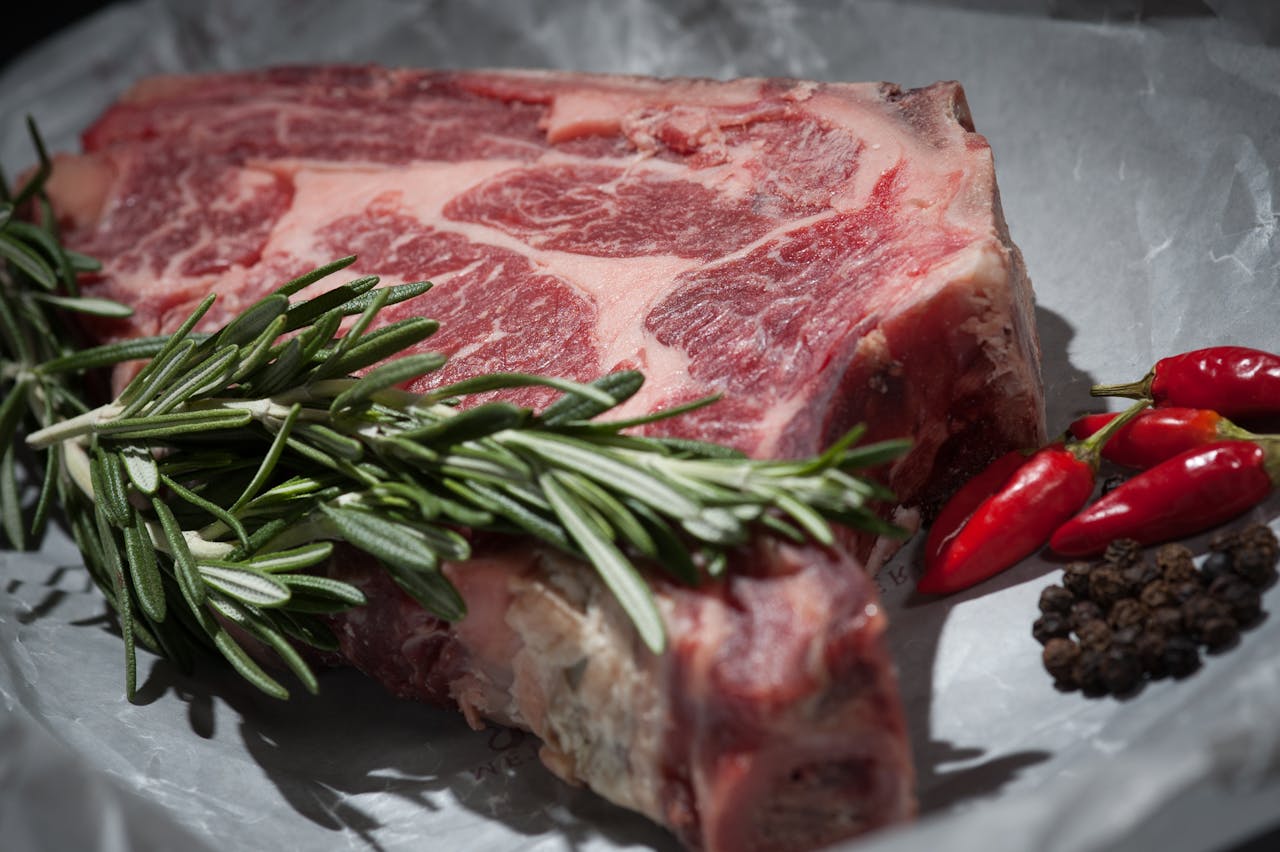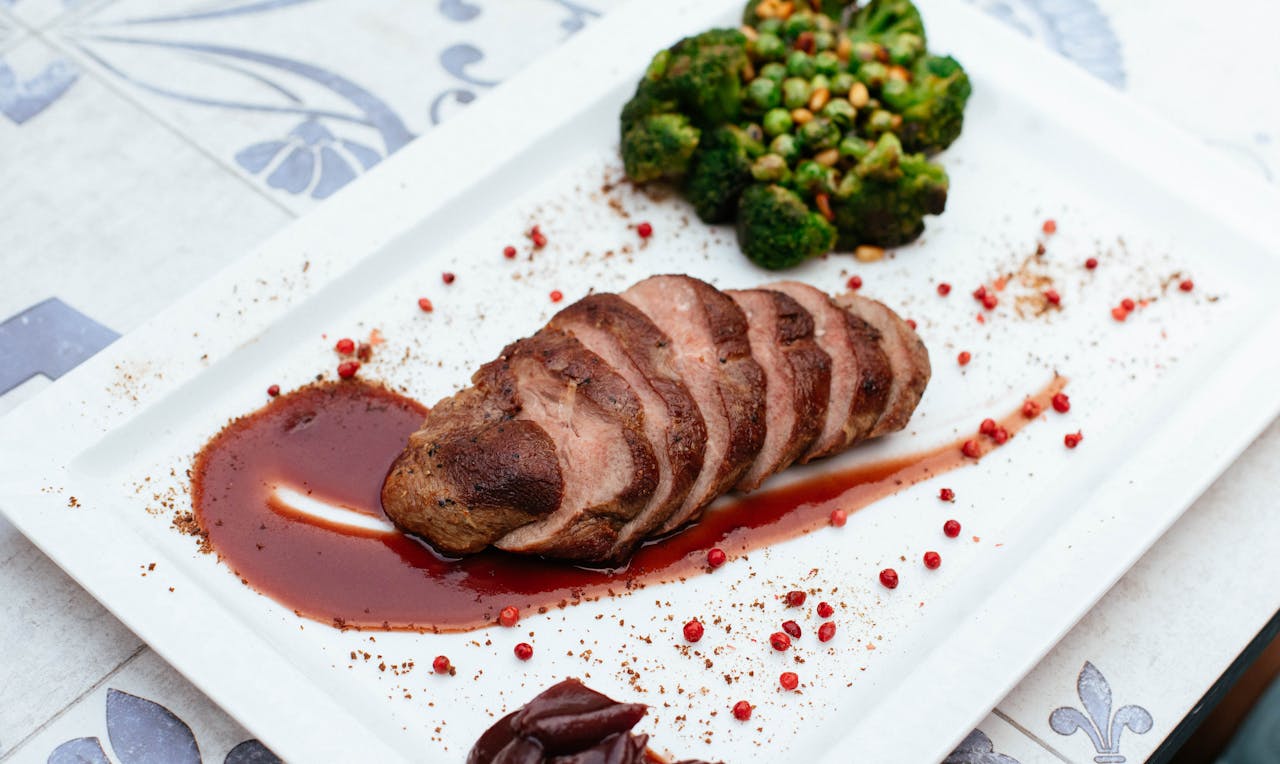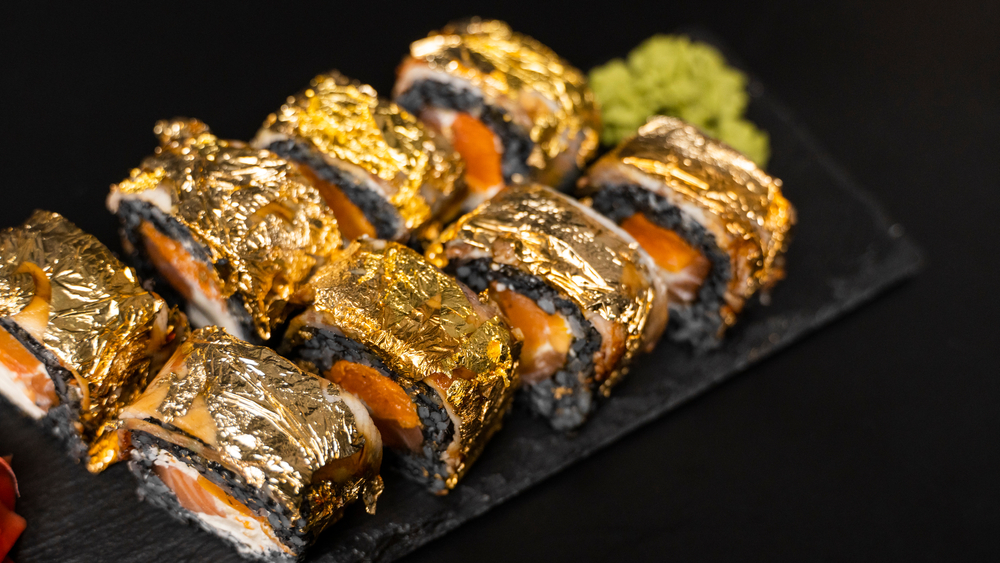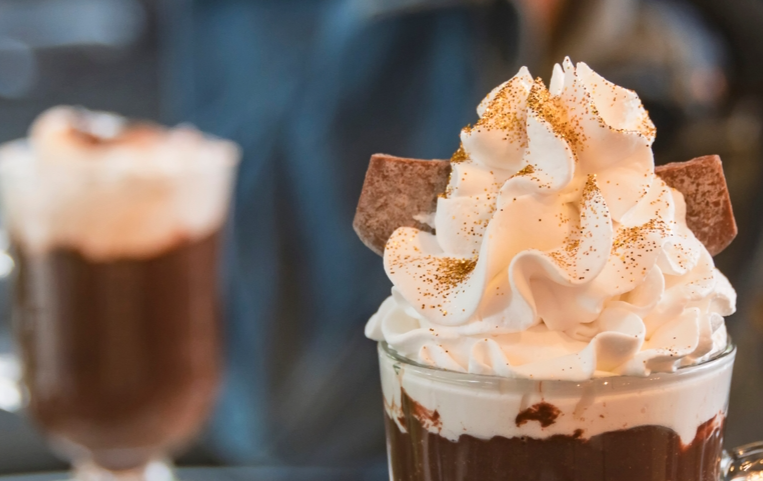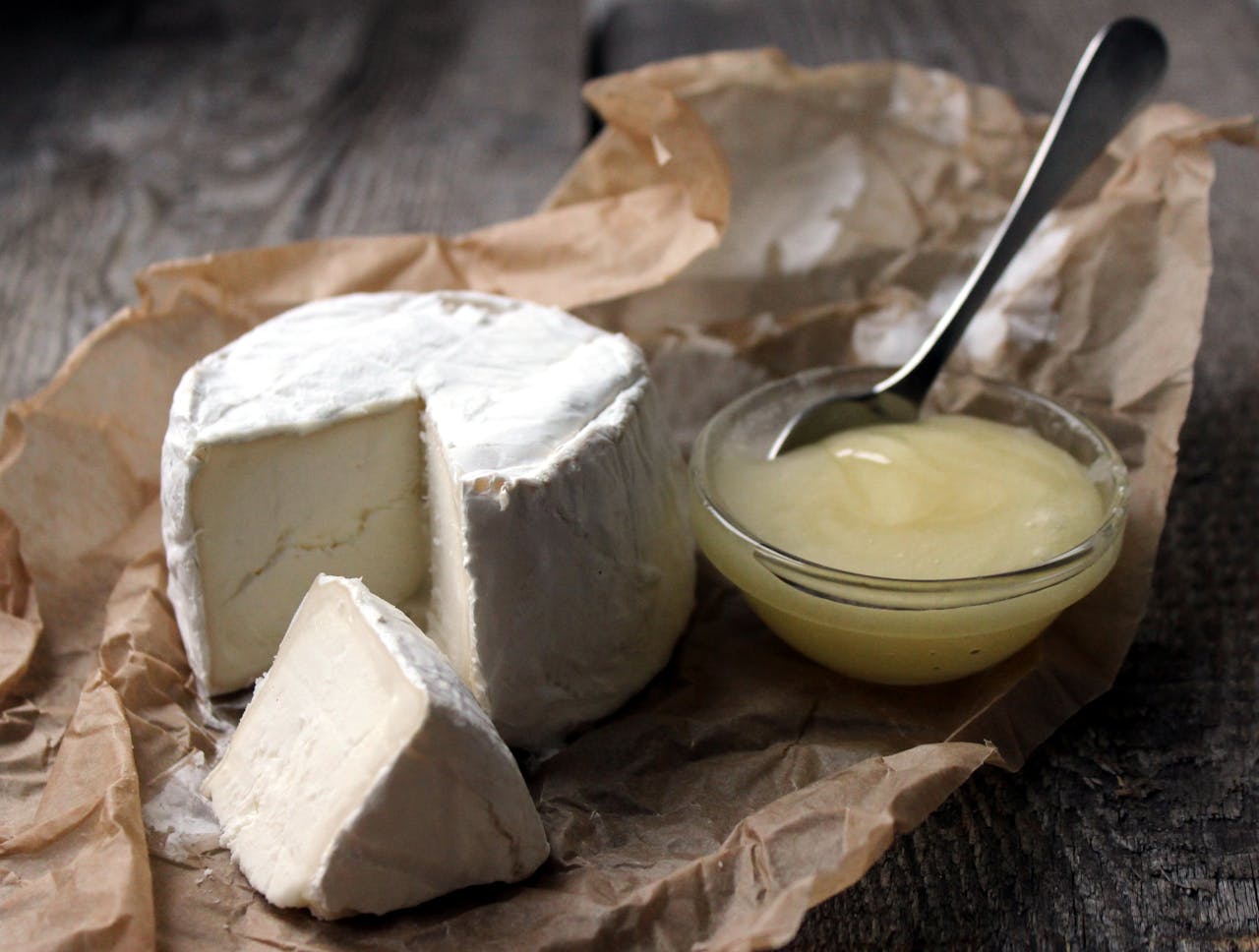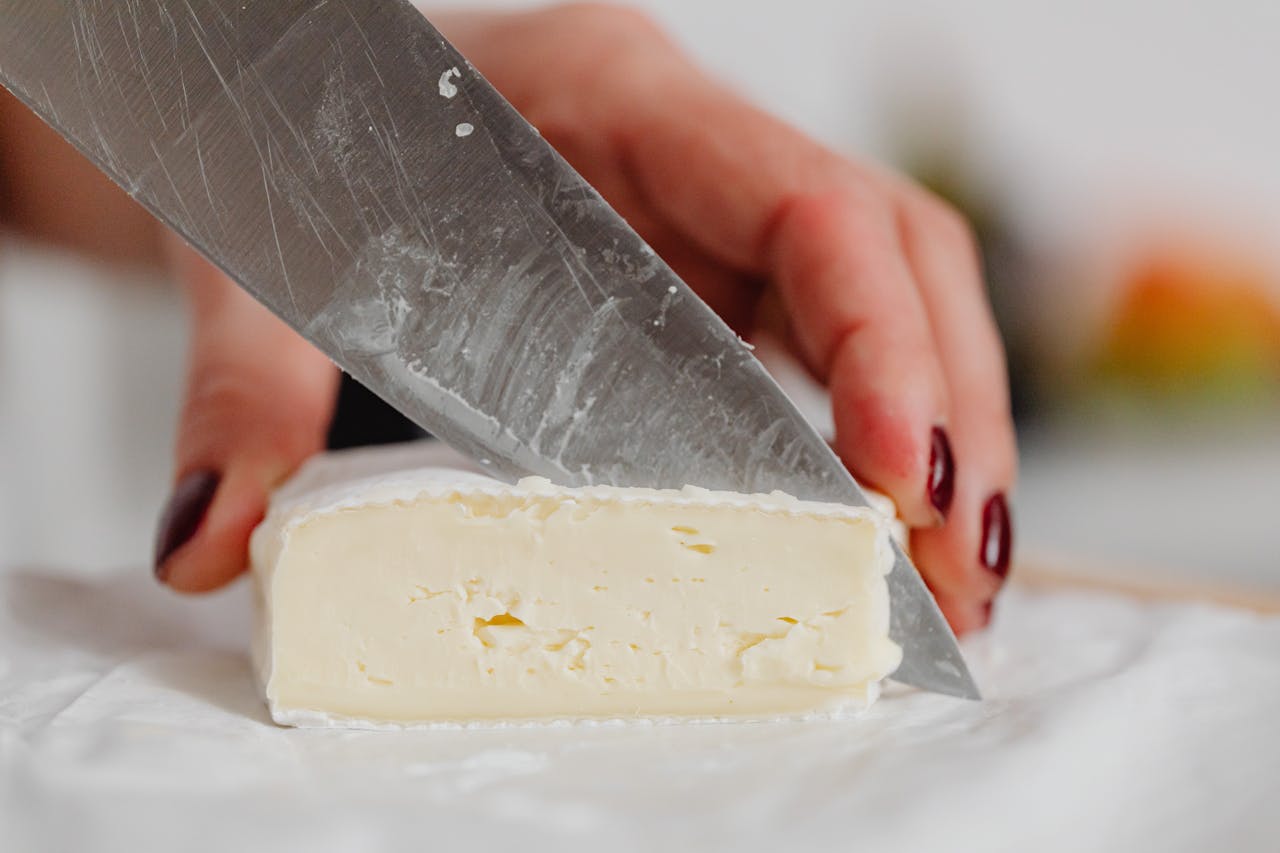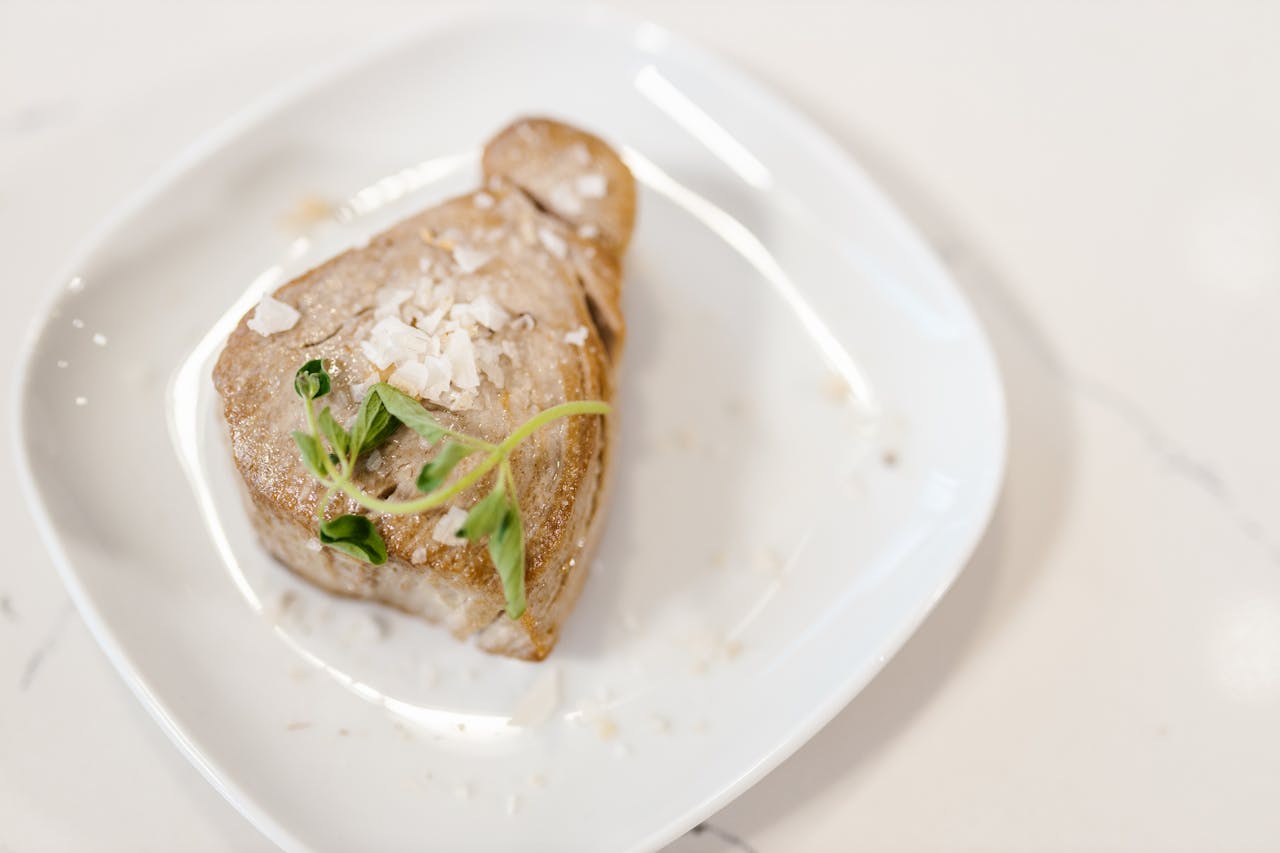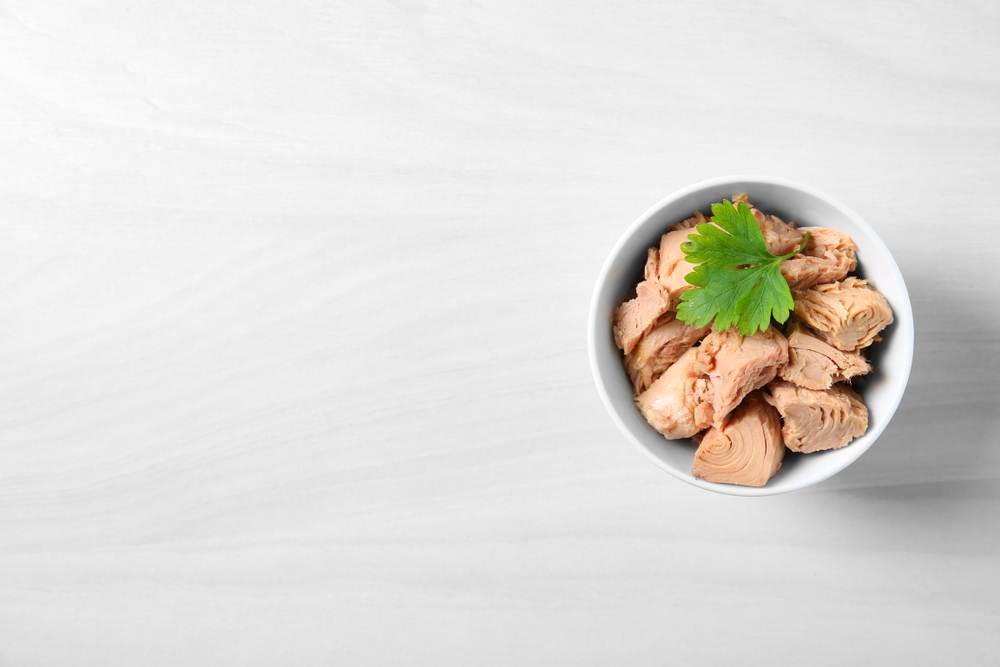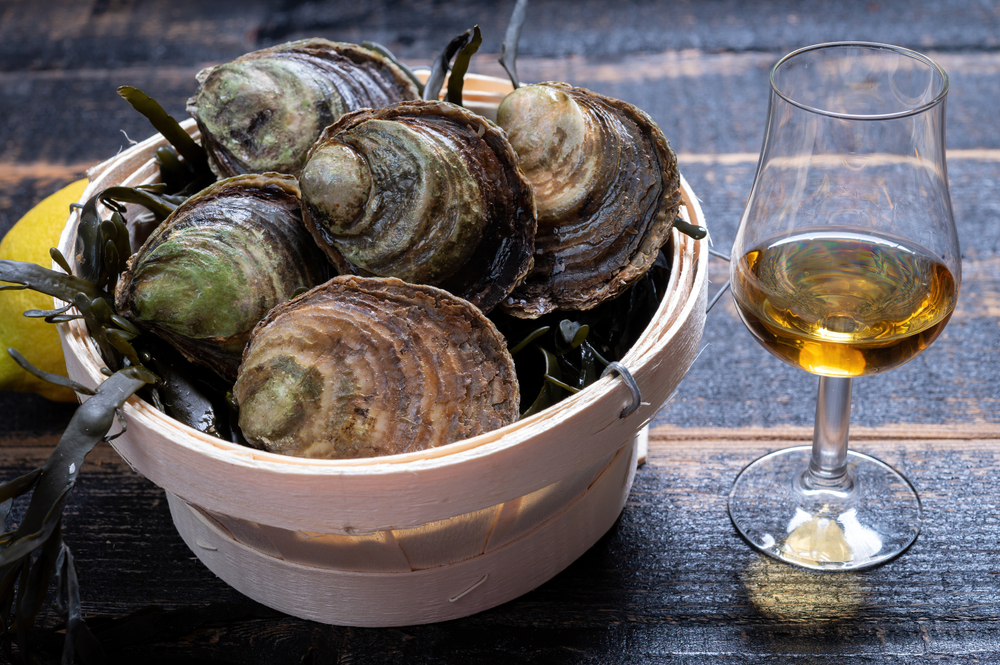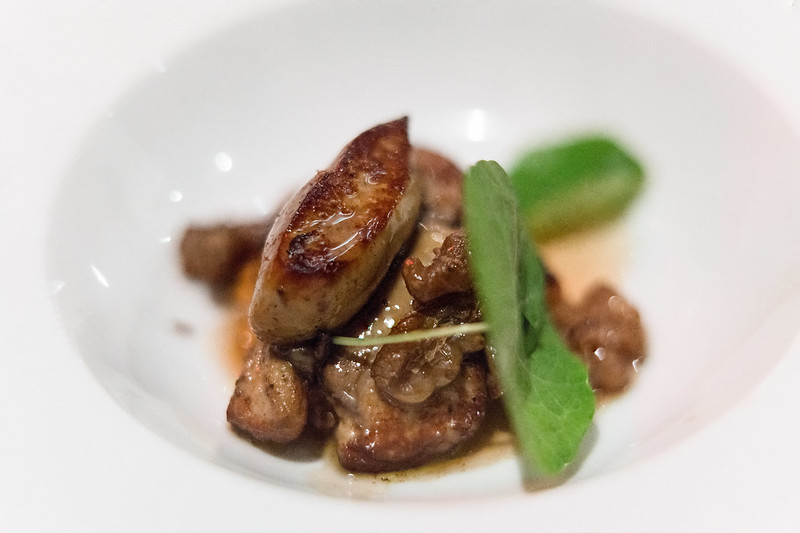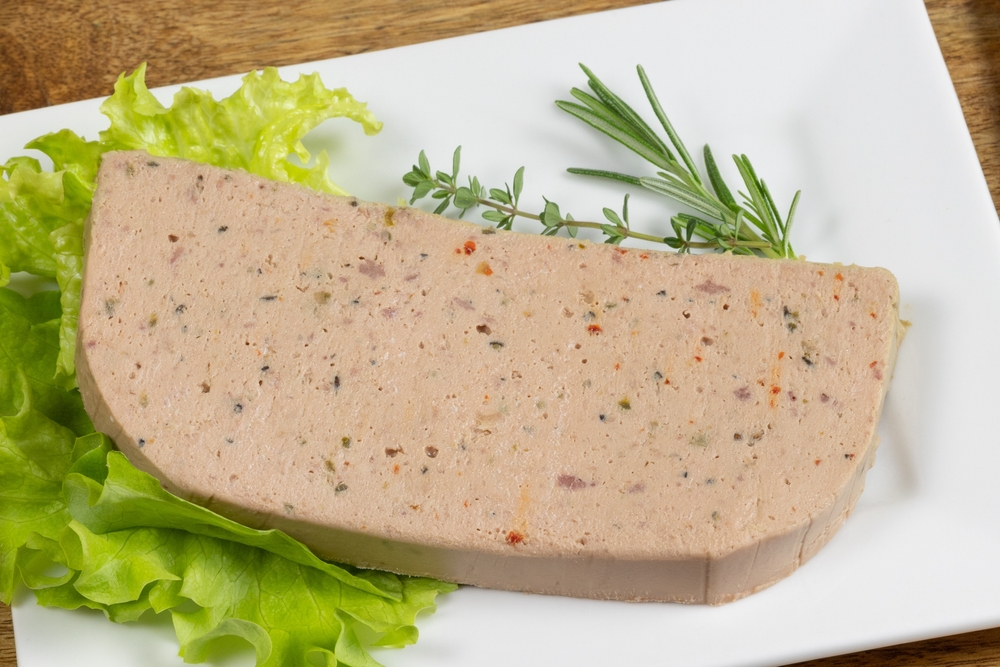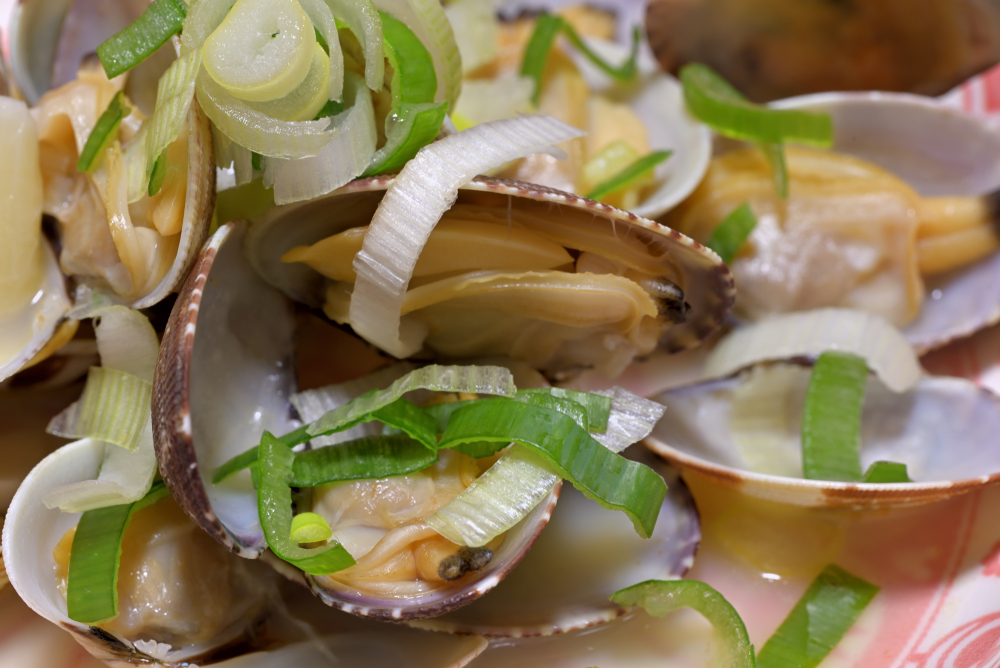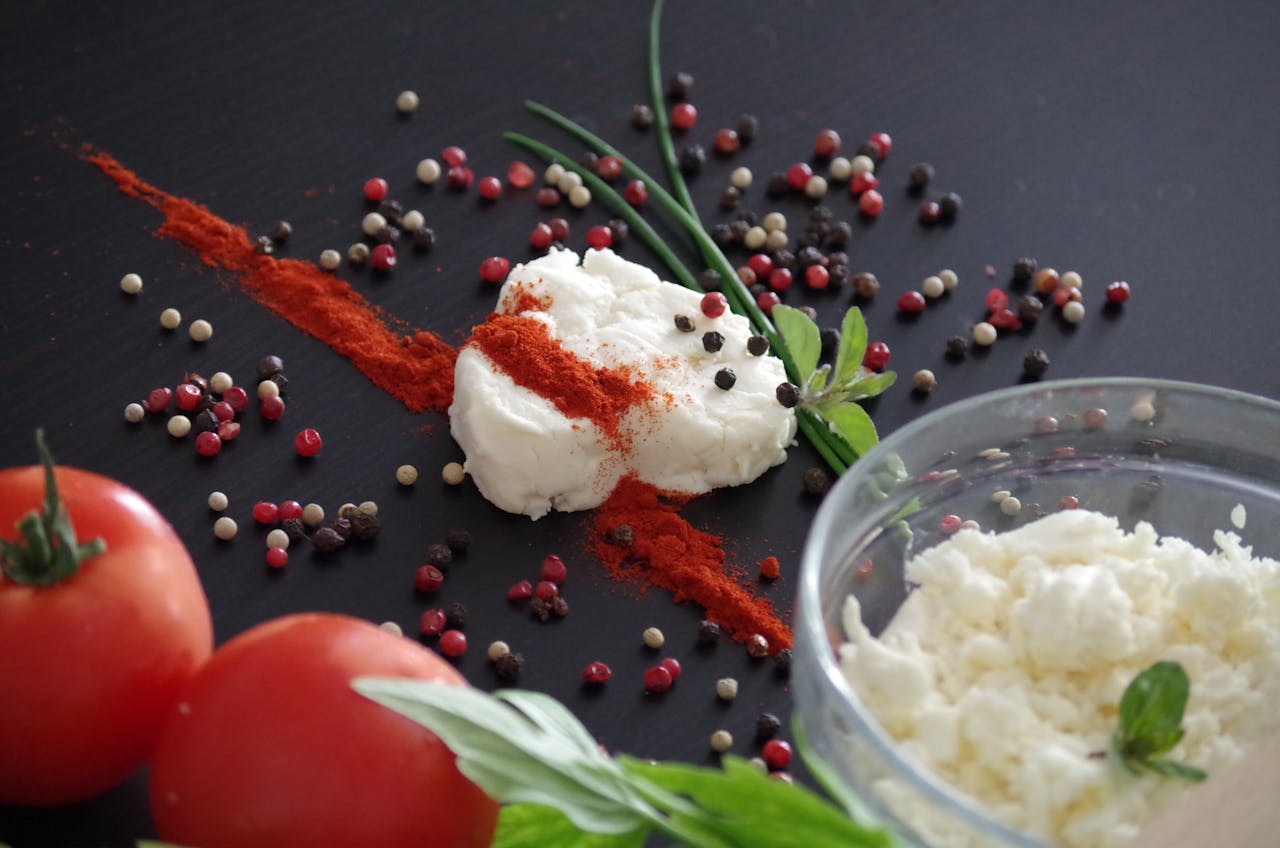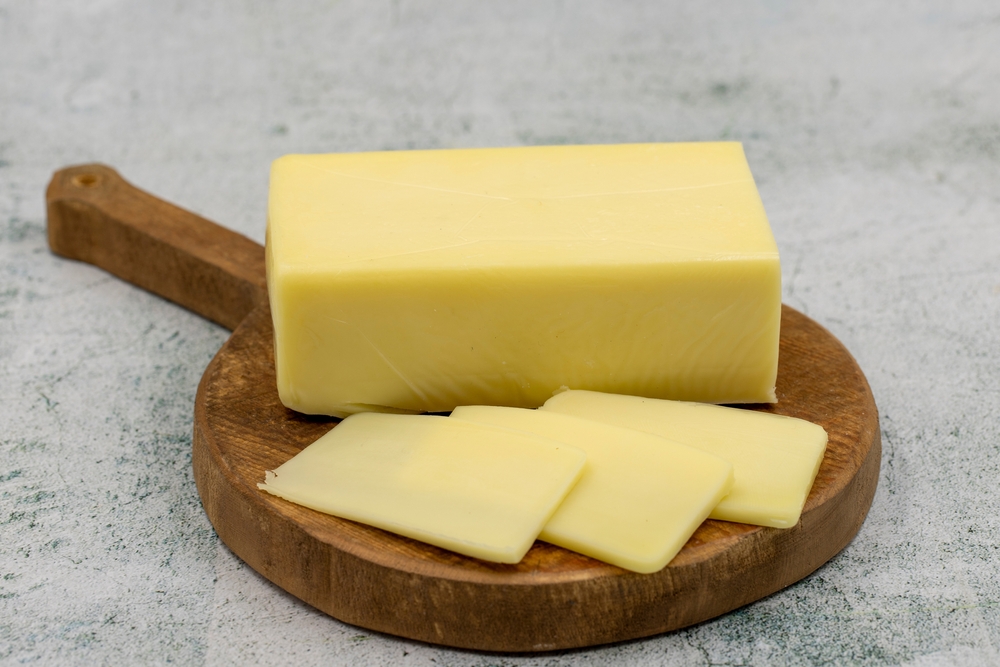Broke With Expensive Taste
If you’ve got champagne taste on a store-brand soda budget, it doesn’t mean that you’re relegated to just reading about gourmet foods. Just because something is expensive doesn’t mean it’s good—and it doesn’t mean it needs to be inaccessible, either.
Expensive: Japanese Black Watermelons
These specially grown watermelons, featuring black skin and pink flesh, go for around $6,000. Not only are they rare and hard to grow—only 100 are grown each year—their flesh is said to be sweeter and have fewer seeds than regular water.
Equivalent: In-Season Watermelon
You don’t have to spend $6,000 to get the best watermelon of your life. The trick is to selecting the ripest watermelon possible from your regular ol’ grocery store. Heavier is better, and the skin should be dark and dull, not light and shiny. The field spot, where it rested on the ground, should be yellow or cream colored, not white.
Expensive: Ibérico Ham
Ibérico ham is one of the most expensive preserved meats in the world, because the pigs that it comes from have an especially high fat content, and it’s aged for longer. A whole leg can run you around $1,900.
Equivalent: Serrano Ham
If you’ve always wanted to try Ibérico ham but don’t have the budget for it, try Serrano ham. It comes from the same type of pig but isn’t aged for as long, meaning it’s much more accessible for the average person.
Expensive: Abalone
Abalone is a type of large sea snail that can be found in cold waters, though the more expensive kinds often come from Australia. It can go for rougly $120 per mollusk and is often referred to as the “King of Seafood”.
Equivalent: Conch
Sure, there’s always escargots, but one of the most delicious varieties of sea snail is the conch, proncounced “conk,” which is often used in Caribbean cuisine. A good bowl of Jamaican conch soup, with meaty conch, corn, potatoes, and flavorful broth, will convert any mollusk-phobic.
Expensive: Saffron
The delicate, expensive spice comes from the stems of specially harvested flowers. It adds a unique flavor and beautiful yellow-orange hue to dishes like paella. It can go for almost $10,000 per lb.
Equivalent: Turmeric And Paprika
Well, if you have a sketchy small grocery store in your neighborhood, you might have access to cheap “saffron,” which is actually fake—and will add a bitter or metallic taste to your food. It’s better to use a combination of turmeric and paprika to try and replicate the flavor and color of saffron on the cheap.
Expensive: Ayam Cemani Black Chicken
Ayam Cemani is a rare breed of chicken from Indonesia, prized for its health benefits. If you can’t get to Indonesia to try it, the costs of exporting it means that it can run thousands of dollars for a single chicken.
Equivalent: Silkie Chicken
The more common Silkie chicken also has black skin and is believed to have health benefits—but it’ll cost you much less than an Ayam Cemani. It’s also leaner and gamier than regular chicken.
Expensive: Champagne
It’s the prototypical “fancy” drink for a reason. The sparkling wine needs to be made with grapes grown in the Champagne region of France in order to be properly designated as such, and though prices vary according to region, more expensive varieties can cost tens of thousands of dollars.
Equivalent: Cava
Many people will suggest prosecco as a cheaper option for champagne, but quality, and most important, level of sweetness, can vary. Instead, for a consistent option, try Spanish cava, most of which comes from Catalonia. It’s inexpensive, dry, and has delicate bubbles reminiscent of champagne.
Expensive: Matsutake Mushrooms
Once again, Japan comes through with the rare, expensive produce. Matsutake mushrooms cane go for $1,000 a pound and apparently have a “spicy” scent. They require special conditions for harvest, which contributes to the price.
Equivalent: Pine Mushrooms
Pine mushrooms, which grow in the Pacific Northwest, are said to have a flavor that’s similar to Matsutake mushrooms, minus the hefty price tag.
Expensive: Kopi Luwak Coffee
One of the most expensive types of coffee in the world, Kopi luwak can go for $1,550 per lb.—and the reason why is, erm, interesting. The coffee is harvested after it is eaten, digested, and expelled from the civet, a small mammal. Yup, it’s poop coffee.
Equivalent: Peaberry Coffee
For a different coffee expensive minus the trip through an animal’s intestine and bowels, try peaberry coffee—a type of mutated coffee bean that’s rounder than usual. Fans claim that it’s sweeter and more flavorful than regular coffee beans.
Expensive: Extra Virgin Olive Oil
Extra virgin olive oil can definitely vary in quality and price across brands, depending on the types of olives, where they’re grown, and the process for making it, with more expensive types going for about $90 per 500ml. But there’s a cheaper and just as flavorful version lurking where you least expect it.
Equivalent: Graza Sizzle Extra Virgin Olive Oil
According to a slew of tests performed by the New York Times, the best store-bought extra virgin olive oil is Graza Sizzlie extra virgin olive oil, which runs for about $14. It comes in an opaque squeeze bottle for easy use in the kitchen and has a balanced, peppery flavor.
Expensive: Beluga Caviar
Like champagne, the words “Beluga caviar” are synonymous with luxury and a hefty price tag. It involves a long and involved harvesting process, which adds to the cost—about $34,500 per tin.
Equivalent: Salmon Caviar
You don’t have to break the bank just to enjoy caviar. Specifically, salmon caviar is an inexpensive option with a great flavor and pop. Just remember to act the part and avoid using metal utensils to scoop it—it can affect the flavor, even when it comes to cheaper caviars.
Expensive: White Truffles
On a list of most expensive foods, white truffles might be right at the top. They can cost up to $10,000 per pound and are mainly harvested in the Piedmont region of Italy.
Equivalent: Truffle Oil And Salt
Sure, you can reach pretty far for truffle substitutes—some people suggest dried porcini mushrooms as an option. But the easiest way to get a good hit of truffle flavor is by using truffle oil or salt in your cooking—just remember that a little goes a long way.
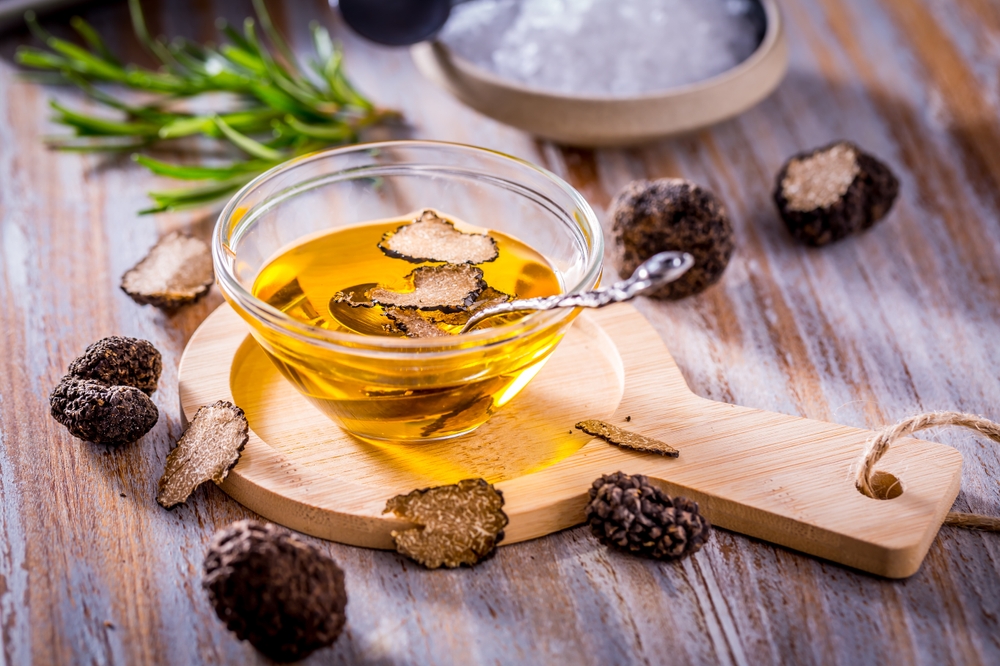 Ingrid Balabanova, Shutterstock
Ingrid Balabanova, Shutterstock
Expensive: Vanilla Beans
Did you know that vanilla beans take up to a year to harvest? They’re one of the most labor-intensive crops in the world—which is why they come with the mind-boggling price tag of $600 per pound. But of course…who’s using a whole pound of vanilla on the regular.
Equivalent: Bourbon
Sure, there’s pure and artificial vanilla extracts, which make the flavor of vanilla more accessible to the home baker. But for complex hit of flavor in your favorite recipes, bourbon can also make a viable substitute—it’s sweet, oaky notes replicate the warmth of vanilla.
Expensive: Kobe Beef
Kobe beef cows are specially bred and require unique living conditions. This produces beautifully marbled beef—which comes with a price tag of $250 per pounds.
Equivalent: Prime Grade Ribeye
If you’re looking for a cheaper option with similar marbling from a butcher shop, ask for prime grade ribeye steak, which has more fat content than a striploin or tenderloin steak.
Expensive: Edible Gold Leaf
Admired for its effect rather than its flavor, edible gold leafs is used in a variety of dishes, mostly as garnish, and runs as high as $15,000 per pound—though of course, only small flakes are ever used at a time.
Equivalent: Edible Glitter
If you’re looking to add a luxe element to baked goods or cocktails, edible glitter has become a lot more easy to find in the past few years. You can get gold luster dust for adding on top of cakes or cupcakes, and some also comes in liquid form to be added to drinks.
Expensive: Moose Cheese
Moose cheese is exactly what it sounds like: cheese produced from the milk of moose. It’s made at the Elk House in Bjurholm, Sweden, where owners Christer and Ulla Johannson have three moose who produce about 300kg of cheese a year. It goes for about $455 per pound.
Equivalent: Camembert
Though the Elk House produces four types of cheese—a soft, white-rind cheese, a soft blue, a hard blue, and a feta—the closest equivalent to their soft cheese is a French Camembert made from cow’s milk.
Expensive: Bluefin Tuna
When it comes to expensive fish, it’s hard to beat the bluefin tuna, which is a star ingredient at upscale sushi restaurants. The price can go up to $5,000 per pound.
Equivalent: Pole-Caught Yellowfin Tuna
It’s certainly not as fancy, but the flavor of pole-caught yellowfin tuna gives diners a whole lot of bang for their buck. It has a clean, non-gamey flavor and is sustainable.
Expensive: Coffin Bay King Oysters
These wildly expensive oysters come from Australia, and go for up to $100 each—although they’re actually massive, so slurping down a dozen might not be necessary for the full Coffin Bay experience. They can weigh up to 2.2 pounds each! Oh, did we mentioned they’re exclusively sold at one restaurant down under? Don’t forget to add the price of the plane ticket!
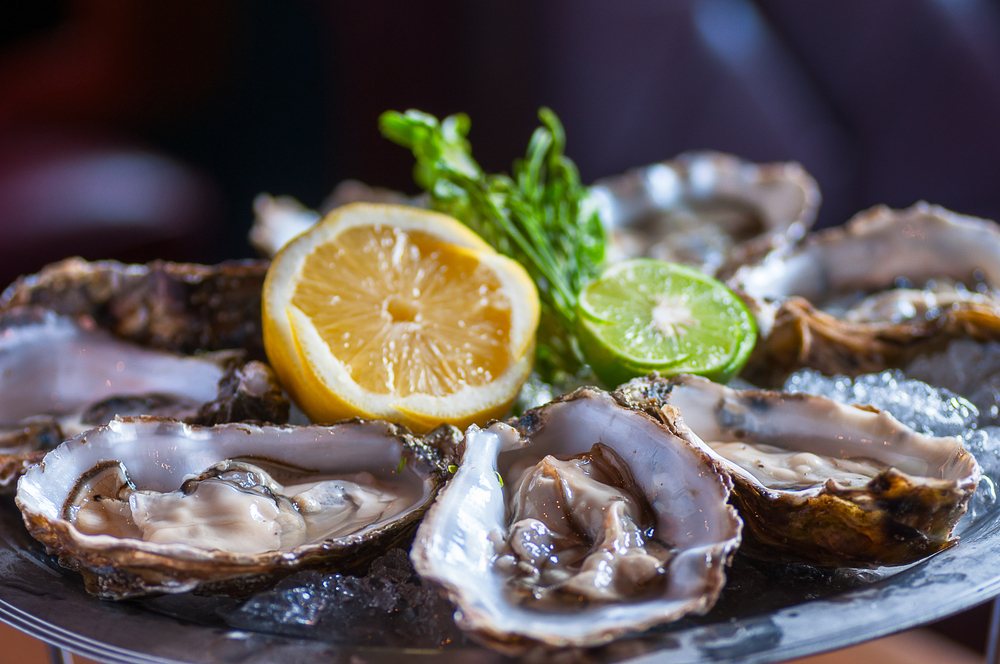 Suporn Thawornnithi, Shutterstock
Suporn Thawornnithi, Shutterstock
Equivalent: Belon Oysters
Though not quite as cheap as buck-a-shuck, Belon oysters—AKA the European flat oyster—are nonetheless affordable compared to Coffin Bay Kings. They also have a distinct flavor that’s very different from the East and West Coast oysters common in North American—though they have recently migrated to Maine from Europe. You can get 25 for about $80, but if you’re really on a budget, you can’t beat a fresh Malpeque.
Expensive: Ethical Foie Gras
Already expensive in its less ethical form, foie gras is fattened goose or duck liver, which has a rich yet delicate buttery flavor. It can go for about $1,600 per pound—but it’s not for everyone.
Equivalent: Duck Liver Mousse
For a rich taste minus all the moral conundrums—or, at least, fewer moral conundrums—try duck liver mousse. It has a similar flavor but a light-as-a-cloud texture, and a much more affordable price tag.
Expensive: Gooseneck Barnacles
It takes a refined palate to enjoy something as bizarre-looking as gooseneck barnacles. These filter-feeding crustaceans look like animal hooves, and are found attached to rocks at low tide—which is part of the reason they’re so expensive. Harvests are difficult and dangerous, and gooseneck barnacles can go for $125 per poud.
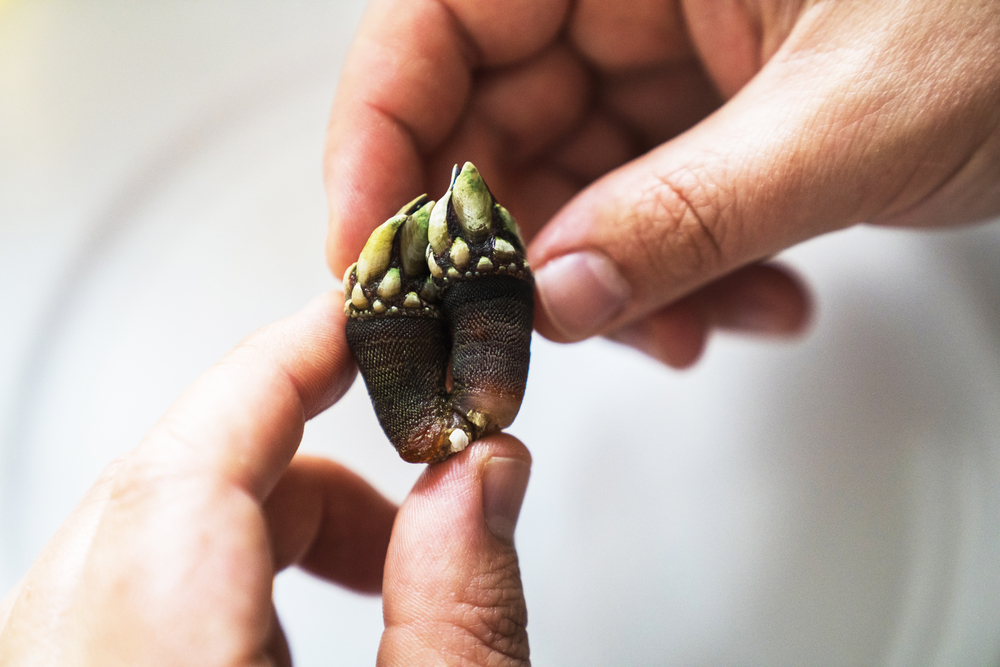 Iuliia Karnaushenko, Shutterstock
Iuliia Karnaushenko, Shutterstock
Equivalent: Littleneck Clams In Garlic Butter
People say that gooseneck barnacles taste like small, salty clams—and the best small clams have to be littlenecks, which are easy to find. The only caveat? They’re also a bit sweet—so prepare them in a salty garlic butter to replicate the gooseneck experience.
Expensive: Pule Cheese
Another rare and expensive cheese, pule is made from Serbian donkey milk. Donkeys produce very little milk, and as a result, this cheese can run $3,000 per pounds. It has a crumbly texture and a nutty, earthy flavor. There was even a rumor that tennis star Novak Djokovic bought the entire worlds’ supply of pule at one point.
Equivalent: Kashkaval Cheese
Kashkaval cheese has the geography down—it comes from Romania, which borders Serbia. This sheep’s milk cheese has a robust, grassy flavor similar to Pule, but with a much more easy-to-swallow price tag.

